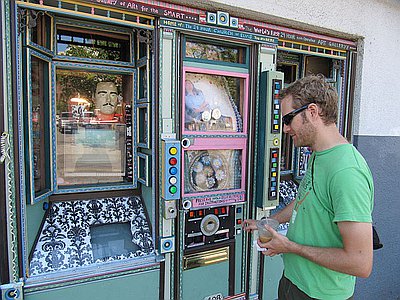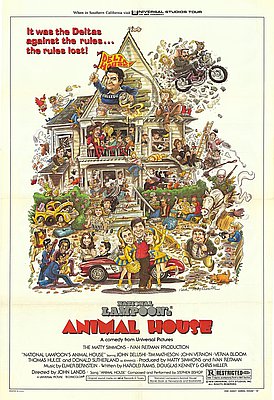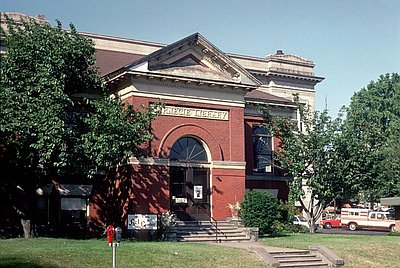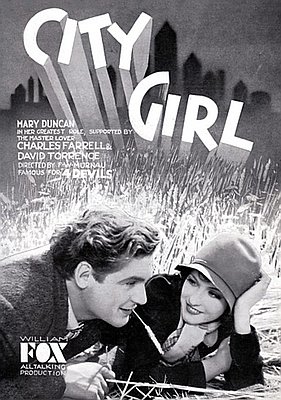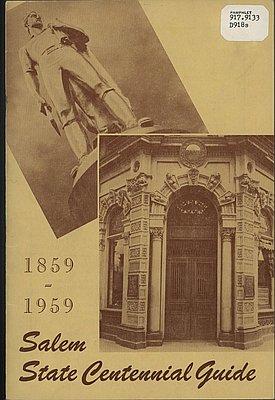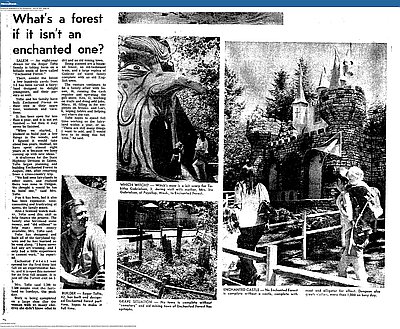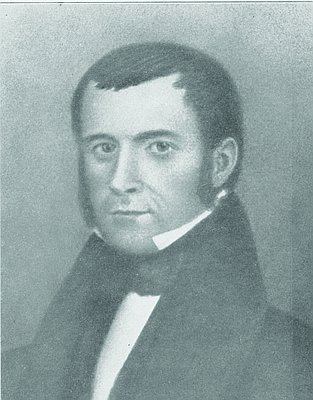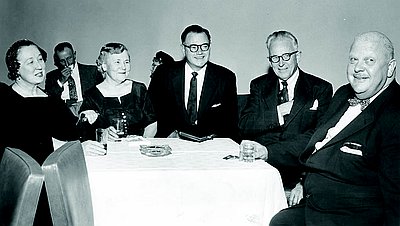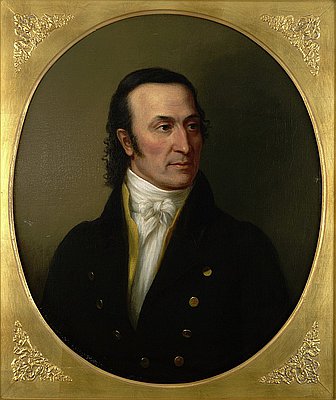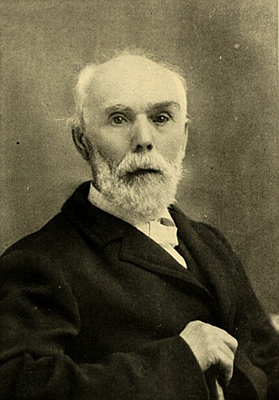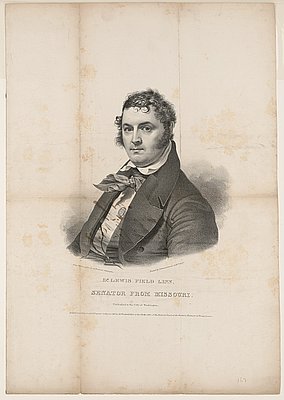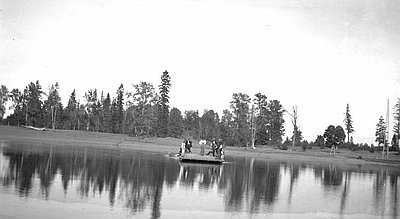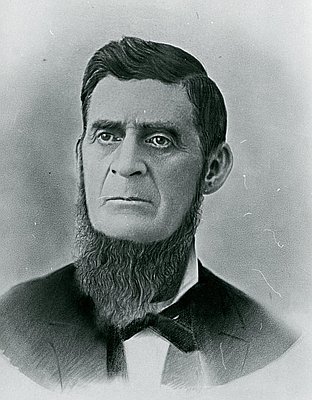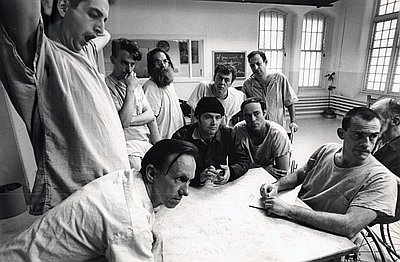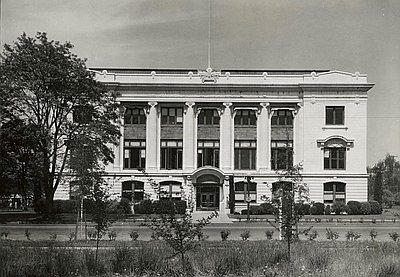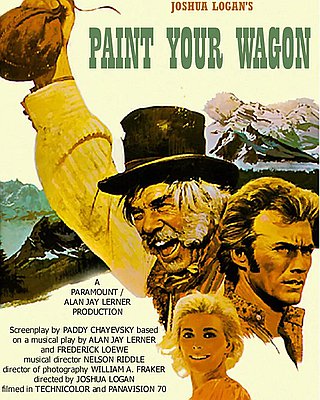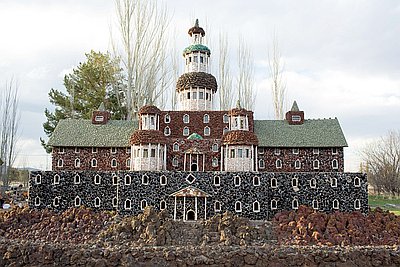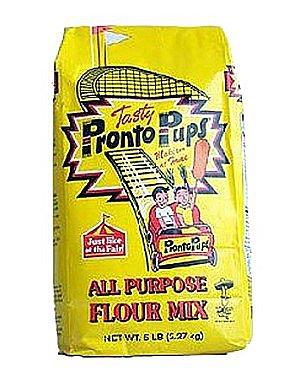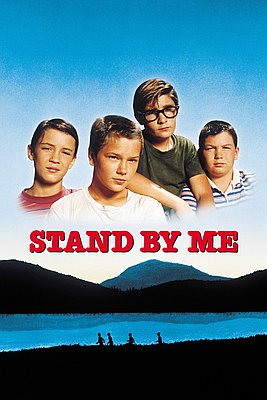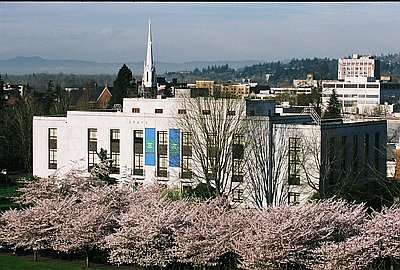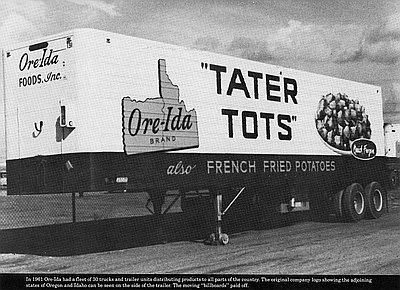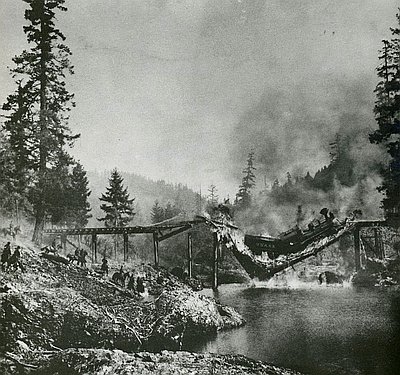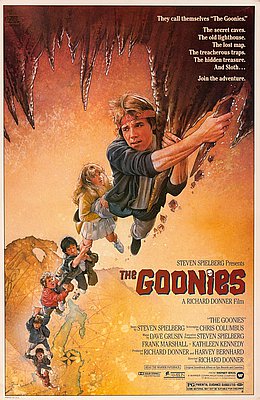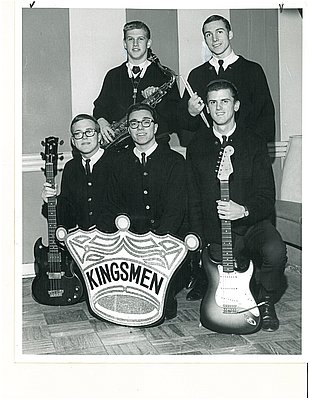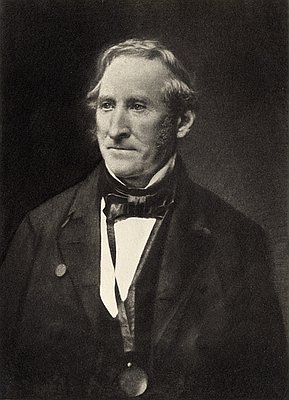Jim Scheppke
Jim Scheppke was the State Librarian of Oregon from 1991 to 2012. He worked at the State Library of Oregon for twenty-five years and before that at the Texas State Library. He served as president of the Oregon Library Association and of the Western Council of State Libraries, and has written numerous articles for professional library publications. He was named Oregon Library Association Librarian of the Year in 1996 and received a Lifetime Achievement Award from the Oregon Association of School Libraries in 2001. He has a Master of Library and Information Science degree from the University of Texas at Austin.
Author's Entries
-
![24 Hour Church of Elvis]()
24 Hour Church of Elvis
For three decades, one of the best known and quirkiest Portland tourist attractions was the 24 Hour Church of Elvis. The creation of artist Stephanie Pierce in the mid-1980s, the sidewalk-facing exhibit helped establish Portland as the home of the weird and the offbeat. Pierce moved to Portland to …
Oregon Encyclopedia
-
![Animal House (film)]()
Animal House (film)
National Lampoon’s Animal House, one of the most successful American film comedies of all time, was filmed in the Eugene area in the fall of 1977. The producers needed a campus setting for their story of the disreputable Delta Tau Chi fraternity and the mayhem it creates in 1962 …
Oregon Encyclopedia
-
![Carnegie Libraries in Oregon]()
Carnegie Libraries in Oregon
Of the 1,679 public library buildings funded in the United States by Andrew Carnegie between 1883 and 1929, 31 were in Oregon. As was true in most states, the possibility of obtaining a Carnegie library grant spurred the development of public libraries in Oregon in the first two decades of …
Oregon Encyclopedia
-
![City Girl (film)]()
City Girl (film)
In the summer of 1928, German Expressionist filmmaker F. W. Murnau rented a wheat farm six miles south of Athena, Oregon, to film scenes for what would be his penultimate movie, City Girl. Murnau—best known for his German silent film Nosferatu, adapted from Bram Stoker’s Dracula and …
Oregon Encyclopedia
-
![David C. Duniway (1912-1993)]()
David C. Duniway (1912-1993)
David C. Duniway was the first Oregon State Archivist and a champion for historic preservation in Salem. He had a deep interest in local history and historic preservation and was a founding officer, in 1940, of the American Association for State and Local History and a founding member of …
Oregon Encyclopedia
-
![Enchanted Forest]()
Enchanted Forest
The Enchanted Forest theme park in Turner, Oregon, just south of Salem off Interstate 5, has been a favorite roadside attraction for generations of Oregonians. It was the dream of Roger Tofte, whose job as a young draftsman at the State Highway Department in Salem did not allow him to …
Oregon Encyclopedia
-
![Hall Jackson Kelley (1790–1874)]()
Hall Jackson Kelley (1790–1874)
Hall Jackson Kelley of Massachusetts was a tireless promoter of the American colonization of Oregon. His effort to lead New Englanders to establish a colony in Oregon in the 1830s was a failure, but historian Frances Fuller Victor nonetheless wrote that Kelley deserved to be considered “one of the fathers …
Oregon Encyclopedia
-
![Humongous Fungus]()
Humongous Fungus
Oregon’s Malheur National Forest is the home of an occurrence of Armillaria ostoyae, nicknamed the Humongous Fungus, believed to be the largest single living organism, by biomass, on earth. Located in the Reynolds Creek and Clear Creek areas of the forest about eleven miles east of Prairie City, the …
Oregon Encyclopedia
-
![James Beard (1903-1985)]()
James Beard (1903-1985)
Known as the Dean of American Cookery, James Beard hosted the first cooking program in the history of television. The author of twenty-two cookbooks and many magazine and newspaper articles, he paved the way for today's celebrity chefs. As Julia Child proclaimed, “In the beginning, there was Beard.” Beard was …
Oregon Encyclopedia
-
![John Floyd (1783–1837)]()
John Floyd (1783–1837)
During his service in the U.S. House of Representatives, John Floyd of Virginia was the first member of Congress to aggressively champion the occupation and colonization of Oregon. He represented northwestern Virginia in Congress from 1817 to 1829 and was the first to introduce legislation that referred to Oregon as …
Oregon Encyclopedia
-
![John Whiteaker (1820–1902)]()
John Whiteaker (1820–1902)
John Whiteaker, a self-educated farmer from Lane County, was elected in 1858 as Oregon’s first governor after statehood, part of a political career that spanned more than three decades. A Democrat who was sometimes known as “Honest John,” he served in the Oregon House and Senate and in the U.S. …
Oregon Encyclopedia
-
![Lewis F. Linn and Oregon]()
Lewis F. Linn and Oregon
Senator Lewis F. Linn of Missouri was a tireless advocate for the United States occupation of the Oregon Country during his tenure in the U.S. Senate, beginning in 1837 until his death in 1843. His proposals for land grants to American resettlers inspired many of the early migrations on the …
Oregon Encyclopedia
-
![Lincoln (town)]()
Lincoln (town)
After about 1850, wheat was the most important crop in the Willamette Valley, and the burgeoning town of Lincoln was where much of the wheat grown by Polk County farmers was shipped downriver to Portland. Located about six miles north of Salem on the west bank of the …
Oregon Encyclopedia
-
![Obed Dickinson (1818–1892)]()
Obed Dickinson (1818–1892)
When Obed Dickinson arrived in Salem in 1853 to become pastor of the Congregational Church, he found himself in a city where many opposed slavery but few were sympathetic to the idea of Black equality. The Oregon Provisional Government had passed Black exclusion laws as early as 1844, and voters …
Oregon Encyclopedia
-
![One Flew Over The Cuckoo's Nest (film)]()
One Flew Over The Cuckoo's Nest (film)
One Flew Over the Cuckoo’s Nest, a film based on the 1962 book by Oregon writer Ken Kesey, is regarded as one of the greatest films of all time. Made in Salem and Depoe Bay in the winter of 1975, the movie tells the story of Randle Patrick …
Oregon Encyclopedia
-
![Oregon Territorial Library]()
Oregon Territorial Library
The Oregon Territorial Library was the first publicly funded library in Oregon. It was created by the U.S. Congress under the same act that established the Oregon Territory in 1848. Beginning with the Wisconsin Territory in 1836, Congress had made a practice of appropriating funds so that new territories could …
Oregon Encyclopedia
-
![Paint Your Wagon (film)]()
Paint Your Wagon (film)
A movie often considered to be one of the greatest Hollywood flops of all time was filmed in a remote valley in the Wallowa–Whitman National Forest in northeastern Oregon in 1968. The musical, Paint Your Wagon, tells the story of the rise and fall of No Name City, a …
Oregon Encyclopedia
-
![Petersen Rock Garden]()
Petersen Rock Garden
Petersen Rock Garden is a unique folk art environment in central Oregon that has drawn visitors from around the world since 1938. It was the creation of Rasmus Christian Petersen, who built the attraction single-handedly beginning in 1935 until his death in 1952. The four-acre site, which is open to …
Oregon Encyclopedia
-
![Pronto Pups]()
Pronto Pups
A Pronto Pup is a popular fast food invented in Oregon and marketed nationwide, beginning in the 1940s. It consists of a hot dog impaled on a stick and deep-fried after being dipped in a cornmeal-based batter. Pronto Pups were the brainchild of George Boyington, who founded a successful Oregon …
Oregon Encyclopedia
-
![Stand By Me (film)]()
Stand By Me (film)
Stand By Me, a classic of 1980s American cinema, was filmed mostly in and around Brownsville, Oregon, in the summer of 1985. The film, which was nominated for an Academy Award, was adapted from Stephen King’s novella, The Body, which recalls many incidents and experiences from the …
Oregon Encyclopedia
-
State Library of Oregon
Since 1905, the State Library of Oregon in Salem has worked to develop library services for all Oregonians. The library also serves as the library for state government, maintaining a comprehensive collection of state publications dating to the nineteenth century, including documentation of the Oregon Territory. As part of the …
Oregon Encyclopedia
-
![Tater Tots and Ore-Ida Foods, Co.]()
Tater Tots and Ore-Ida Foods, Co.
Tater Tots, one of America’s most beloved frozen foods, was invented in 1953 by two enterprising brothers in Ontario, Oregon. Tater Tots, under different names, are now produced by different companies around the world—as Potato Gems and Potato Royals in New Zealand and Australia; Tasti Taters and Spud Puppies …
Oregon Encyclopedia
-
![The General (film)]()
The General (film)
Buster Keaton's masterpiece and one of the greatest silent movies of all time was filmed in the Cottage Grove area in the summer of 1926. The General is a Civil War tale, the fictionalized account of an attempted hijacking of a Confederate train called the General by Union spies in …
Oregon Encyclopedia
-
![The Goonies (Film)]()
The Goonies (Film)
For four weeks in the fall of 1984, the Uppertown neighborhood of Astoria became the Goondocks, the location for one of the most beloved films ever made in Oregon. The Goonies tells the story of seven misfit kids who search for the treasure of One-Eyed Willie, a legendary pirate, in …
Oregon Encyclopedia
-
![The Kingsmen]()
The Kingsmen
The Kingsmen were the most successful and influential rock and roll band Oregon has produced. The band’s recording of "Louie Louie" was a nationwide hit in 1964, and it has remained one of the most popular rock songs of all time. The band got its start in Portland in 1959 …
Oregon Encyclopedia
-
![Thomas Hart Benton and Oregon]()
Thomas Hart Benton and Oregon
As a newspaper editor and then as a United States senator for Missouri for three decades, Thomas Hart Benton was a champion for the American colonization of the Oregon Country during the first half of the nineteenth century. Born in North Carolina in 1782, Benton’s family moved to a homestead …
Oregon Encyclopedia




